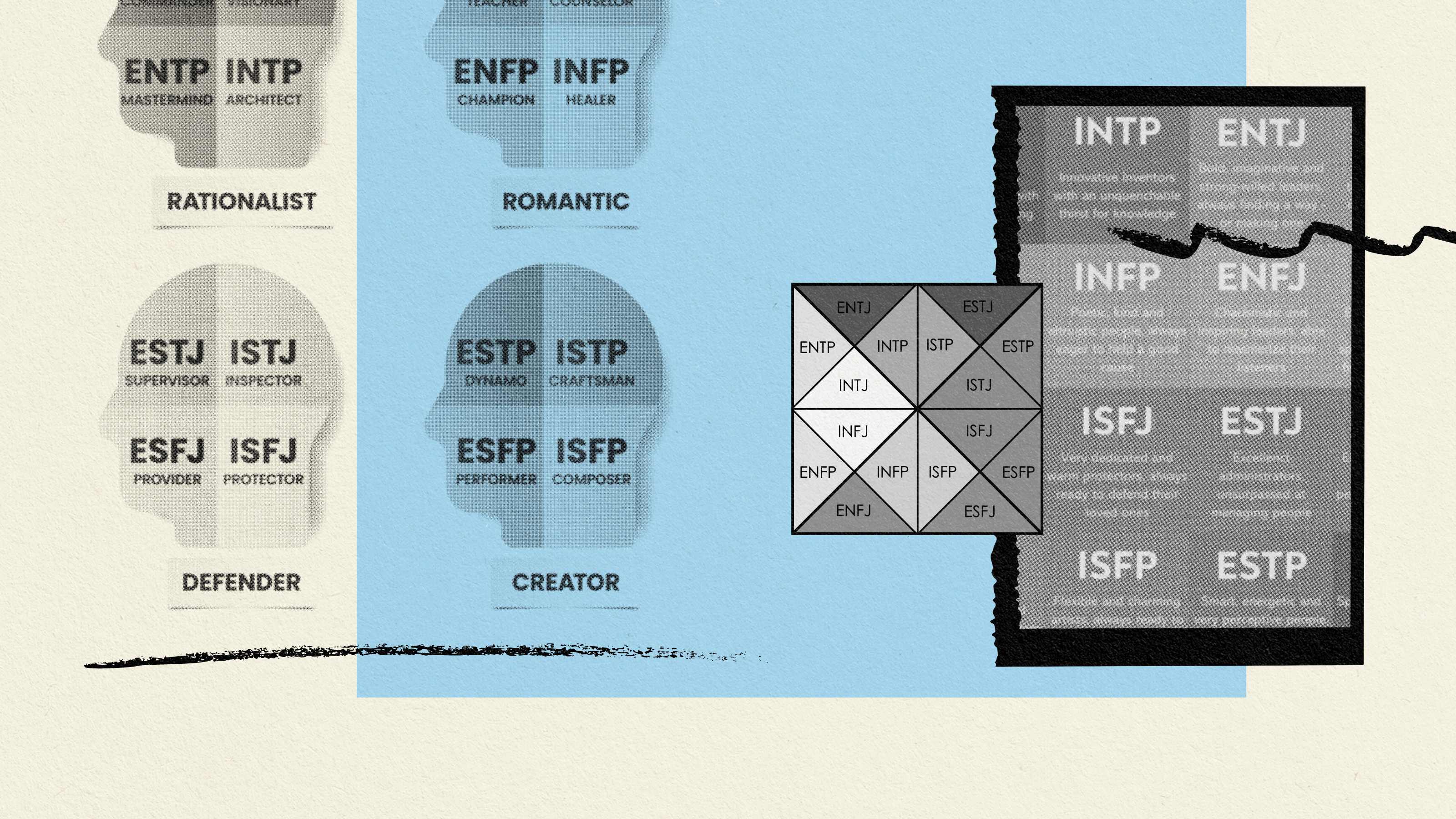From a human rights and decency standard, everybody in a society should be able to meet their basic needs, says economist and Columbia professor Jeffrey Sachs – but he questions whether a popular proposal known as Universal Basic Income (UBI) is the way to achieve a better standard of living in the U.S. At its simplest, UBI is an unconditional base salary that is paid to all citizens of a society, no matter their employment status, current wealth, attempts to gain work, and regardless of how they intent to spend it. Sachs sees the value in the idea, but isn’t confident in the proposal’s no-strings-attached nature – will some people coast for free off the hard work of others? A guaranteed basic income experiment known as ‘Mincome’ in Canada in the 1970s showed a just a 9% reduction in working hours among two main groups of citizens: new mothers, using their additional income to extend their maternity leaves and spend more time with their infants, and teenage boys who were using that income to stay in school. A new UBI trial is planned for 2017 in Ontario, and many nations await the results.
Sachs prefers a different strategy: social democracy, which requires a cultural reform in the U.S. alongside an economic reform. Sachs holds up the ethos of Northern European countries like the Netherlands, Denmark, Norway, Sweden, and Germany who have publicly financed healthcare and education. Free and equal skills for all, over free and equal money. The more egalitarian spirit operating in these countries would clash dramatically with the Wall Street ‘winners and losers’ mentality that dominates American economics. “That is what’s degrading American society. Not just the technical issues. Not just the rising inequality but this spirit that you’re a winner or you’re a loser. And if you’re a loser get out of the way. That’s Ayn Rand talking. It’s ugly and we’ve had enough of it.”
Jeffrey Sachs’s most recent book is Building the New American Economy: Smart, Fair, and Sustainable.
Jeffrey Sachs: There’s a proposal around that’s got a lot of interest called universal basic income where everybody is guaranteed at least a certain level of income in the society. Some free market economists like Milton Friedman talked about a negative income tax which in effect had the same features of guaranteeing a certain level of income for everybody as a base.
I think from a human rights and decency standard there’s a lot of sense to the idea that everybody in a society should be able to meet their basic needs. There’s on the other hand this sense if you give someone a check whether they’re trying, not trying, working, not working. If there’s no effort, no conditionality involved at all maybe we’re going to get a lot of people that are absolutely doing nothing on the backs of those who are really working. So the incentive issues are real even if the sensitivity and decency issues are also real. I think that one way to handle this is a little bit more rounded rather than seeing a universal basic income as a check and kind of an unconditional check that’s just handed out as income.
I like the idea of social democracy as it’s applied in real countries in Europe, the Netherlands and Denmark, Norway, Sweden, Germany. The idea is everybody has access to publicly financed healthcare. Everybody has access to quality publicly financed education including college tuitions. Not a trillion dollars of crushing student debt, but tuitions paid for. Everybody has access to not only guaranteed vacation, but paid vacation. Everybody has access to quality childcare so that moms can go to work knowing that their kids are in a healthy, nurturing environment. Everybody has access to maternity leave so that moms and also paternity leave, dads can stay home with their kids for several months. It’s kind of decent where you say we have all this wonderful technology, this wealth. Why don’t we live decently, not miserably.
If people want a market income beyond that they’ve got to go work for it. If, of course, they’re disabled or for some reason can’t then there’s added social support but it’s not cash in people’s pockets. It’s decency. It’s public service. It’s basic needs met. I see it as basically living decent lives in decent societies. They have a very different spirit to them. There aren’t a lot of super rich Wall Street hedge fund misanthropes – and I’ll use the term advisably because I find a lot of people on Wall Street don’t give a damn about anybody else except they care about their money. And I find that really weird. But you don’t find that kind of idea in northern Europe because it’s really looked down upon. And people don’t like it when people are money grubbing. They’re kind of shunned. So the social ethos is different.
I remember once I was running to the airport in Oslo and I fly business class and I’m constantly moving around on trips relentlessly around the world. And I ran up and said, “Where’s the business class line to board?” And the guy looked at me like I was crazy and he said, “Excuse me, we’re boarding the Scandinavian way. Get back in line.” And I just thought okay, that’s pretty cool actually, you know. Everybody’s in line and let’s all get on the plane.
It’s a social spirit. It’s the idea that we like – well by the way this is not people tearing their clothes and living in hair shirts and not enjoying themselves. They like their vacations. They like their boats in the Stockholm archipelago. They like six weeks on their island. So they live beautifully. But they don’t want gazillions. They don’t want to do it at the expense of others. They want to do it as a society. God, if America could just get a little of that back rather than a president who believes in killers and losers. Sick, but that’s what we got and that is what’s degrading American society. Not just the technical issues. Not just the rising inequality but this spirit that you’re a winner or you’re a loser. And if you’re a loser get out of the way. That’s Ayn Rand talking. It’s ugly and we’ve had enough of it.







